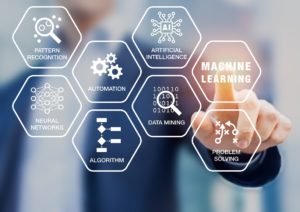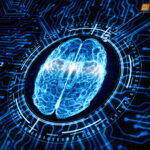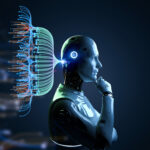
One particularly meaningful change that’s taken place thanks to new technologies is the evolution of machine learning. Machine learning got its start when AI researchers decided to see if computers could learn based on data, according to SAS.
Today, machine learning involves automatically carrying out complex calculations based on big data. This allows computers to figure things out on their own and have led to phenomena such as self-driving cars, recommendations from services like Netflix, and fraud detection capabilities, SAS explains.
Machine learning is already empowering exciting advances and innovations in a wide range of industries. One area in particular where machine learning has the potential to make a significant difference is healthcare. Here are just a few of the most notable ways machine learning is transforming the healthcare field.
1. Diagnosis. Computer vision and diagnosis in medical imaging is one promising application for machine learning in healthcare, according to TechEmergence. One example of this is Microsoft’s InnerEye initiative. As more medical data becomes available, machine learning/deep learning will likely become a bigger part of the process of diagnosing patients.
2. Data gathering. Another notable way to leverage machine learning in the healthcare field is to leverage it to enhance data collection capabilities, TechEmergence states. AI and machine learning can help us make better sense of consumer data from interactive apps for patients with conditions such as diabetes, Parkinson’s disease, and Asperger’s syndrome.
3. Smarter electronic health records (EHRs). With machine learning and AI, EHRs can not only store data but also pre-populate information and provide reminders based on preference and user/organizational trends, according to Healthcare IT News. This can help healthcare organizations deliver higher quality care with greater efficiency.
4. More precise, personalized treatment. As we gain the ability to analyze individual genetics, healthcare providers can tailor treatment plans (e.g., drug dosages) to match a patient’s specific needs and history. With more medical data becoming available, machine learning has the potential to prove useful in the realm of personalized medicine, according to TechEmergence.
5. Population health insights. Machine learning is allowing healthcare providers to gain insights into the health of larger patient populations, according to Healthcare IT News. This can help providers more effectively study and manage public health issues such as the opioid crisis.
If you’d like to learn more about machine learning, AI, and/or IT support for organizations in the healthcare industry, our team of tech experts can help answer your questions. Contact us today by calling 877-599-3999 or emailing sales@stratospherenetworks.com.


